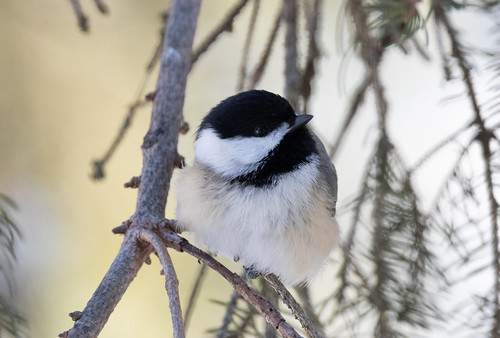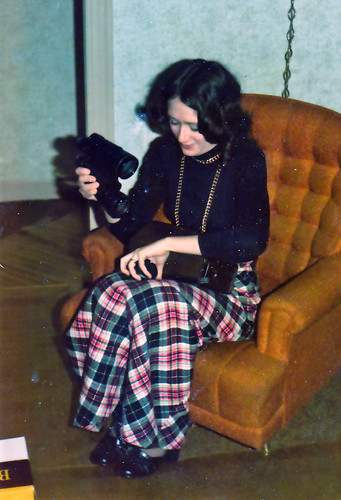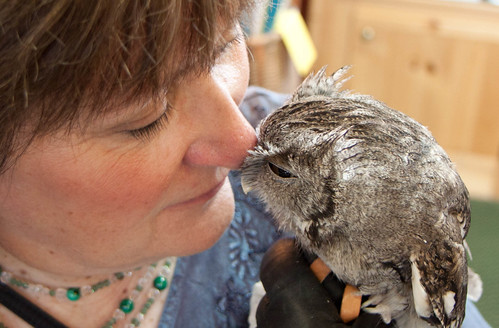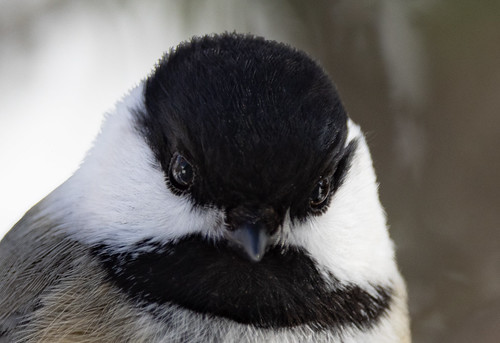This Independence Day, as I look out at my red-blooded, all-American chickadees, each one free as a bird, friendly but with a clear “Don’t tread on me!” attitude if anyone threatens it, I can’t help but think about the freedoms a great many of us stand to lose in the coming days.
Russ and I got married in March 1972 when we were both undergraduates in college. We’d been good friends since high school, shared the same values about fundamental issues, and our life goals were well aligned. We hoped to have children after he finished his Ph.D. and had a job as a scientist. I’d finish my degree and become a teacher for a time, but the same enjoyment of and love for children that led me to a teaching career in the first place also made me want to be a stay-at-home mommy when we had our own.
That was a professional choice I made, knowing myself as a person, not any kind of belief that taking care of children is somehow naturally woman’s work. In every way, Russ and I felt like equals, though of course we weren’t, legally speaking. I was the one who was not legally entitled to take out a loan or a credit card in my own name without him or my father co-signing. An officer at one of the banks I worked at said it was perfectly fair to pay men a higher wage than women for the exact same job—men were “the heads of households, with dependents!” When I responded that a lot of the men working there, including him, were single, and one woman with at least ten years seniority was financially responsible for her children and her disabled Vietnam-veteran husband, yet was paid less than two men she was training, this officer didn’t see an issue.
But I was hopeful: before we got married, the U.S. House of Representatives had voted to pass the Equal Rights Amendment, and the Senate followed suit four days after our wedding. The Amendment had to be ratified by 38 states within the next 7 years, but it had such widespread, bipartisan support that I had no doubt it would be the law of the land by the time I had my first baby. Either a son or a daughter would be equally protected.
Then in 1973, we had a pregnancy scare. We knew we wanted children, but Russ had just started working on his master’s degree, I was still an undergrad, and we had zero savings, barely getting by month to month. If we had a baby, one of us would have to leave college to work full time. Logically, and in all fairness, that would have been me—Russ was far more intellectually, emotionally, and practically invested in his planned career than I was in mine, and to get there, he needed advanced degrees. But without even a bachelor's degree, I'd have been stuck working in a bank or waitressing to keep food on the table when I longed to provide my own childcare when the time came. Russ and I agonized for days about what I would do, but then fate, or God, or a roll of the dice made the decision for me. I miscarried.
Fifty years later, there’s no way of knowing how either of our lives would have turned out had our family started in 1973 rather than 1981. Even if I’d managed somehow to finish my degree and become a teacher, I wouldn’t have had free evenings and weekends to invest in my students the way I wanted. And I’d not be a birder at all, or would not have started when I did. Even without a baby, Russ and I were barely getting by from month to month. If we’d been scraping by with a baby, we’d have been focused on practical needs, and he wouldn’t have asked his mom to get me binoculars and a field guide for Christmas in 1974. No way would I have had the time or leisure to spend so much time studying birds anyway, and ornithology classes would have been completely out of reach, financially and in terms of time.
Virtually all of us think about the ways our lives could have been better if only this or that had happened differently. I wish I’d discovered birding as a child, or at least in time to major in ornithology when I started college. I wish I’d had the money, time, and courage to start traveling to other countries before I was 50. I wish I’d remembered my earplugs or not gone to the noisy Orlando venue in 2006 when I lost my high frequency hearing. I wish I’d taken up bird photography much sooner.
But I can’t help but think of ways my life could have been much, much worse. I’m grateful that Russ’s and my plans worked out pretty much the way we’d hoped back in 1972, and that we ended up with the particular children and grandchild we so deeply love. I'm also grateful for the amazing richness birds and birding have given me—something I never imagined on our wedding day.
I'm glad I didn’t have to make a decision in 1973, but I’m also glad that at that point in American history, any decision was mine to make. I learned later that I had a poor chance of surviving a pregnancy then. We had no way of knowing that a bizarre cyst was growing on one of my fallopian tubes until it tied itself around my intestines in 1979. The surgeon told me I probably wouldn’t have survived a pregnancy before it was discovered and removed. If I’d made the choice to continue the pregnancy, that terrifying outcome would have been my own responsibility. If a Supreme Court decision had forced me to continue the pregnancy against my will and it ended up killing me, that would have been unforgivable.
In such deeply private, personal matters, Americans should be as free as chickadees to choose our destiny without the Supreme Court stealing our agency. On this and every Independence Day, I want every woman to be able to say, "I am the master of my fate, the captain of my soul."




